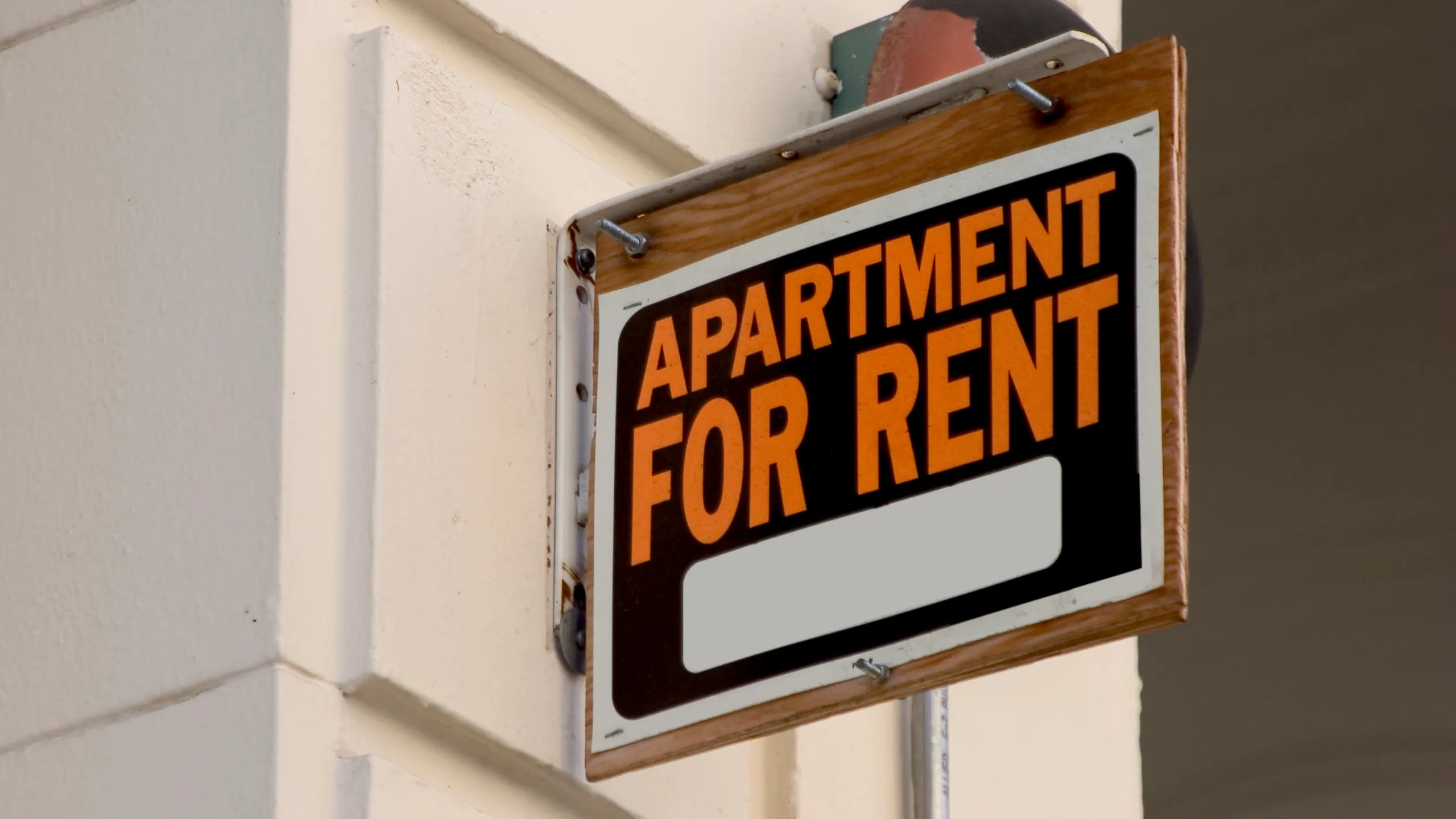Navigating rental housing laws can be tricky, especially regarding rent increases. In Virginia, understanding your rights as a tenant is crucial since the state doesn’t currently have rent control or stabilization regulations. This article offers a comprehensive guide specifically for renters in 2024, outlining the rules surrounding rent increases and how to protect yourself if you believe an increase is unfair.
Key Points of Virginia Rent Increase Laws
- No Limit on Increases: Virginia landlords have significant freedom in setting rent increases. There’s no state-mandated cap on how much they can raise the rent, potentially leading to significant financial strain for tenants.
- Required Notice: Landlords must provide a written notice of rent increases. The required notice period depends on your lease type:
- Week-to-Week Leases: Minimum of 7 days’ notice
- Month-to-Month Leases: Minimum of 30 days’ notice
- Yearly Leases: No specific requirement, but reasonable notice is expected (often interpreted as 30 days or more).
- Prohibited Increases: Landlords cannot raise rent for discriminatory reasons or as retaliation against a tenant for exercising their legal rights (like reporting unsafe housing conditions).
Important Considerations for Tenants
- Lease Agreement is Key: Your lease agreement is a legally binding contract. It might include specific terms regarding rent increases, potentially overriding the general notice requirements. Thoroughly review your lease before a rent increase occurs.
- “Reasonable” Is Subjective: While there’s no percentage limit, landlords in Virginia are generally expected to keep rent increases reasonable. What defines “reasonable” can vary and may depend on factors like market trends and the property’s condition.
- Market Research Matters: Stay informed about rental prices in your area. This can help you assess if a proposed increase is in line with the current market or seems excessive.
- Fair Housing Laws: Virginia’s Fair Housing Laws protect tenants from discrimination based on protected characteristics like race, religion, disability, and familial status. Any rent increase targeting a protected class would be illegal.
Protecting Your Rights: What to Do If You Face an Unfair Increase
- Direct Communication: Open communication with your landlord is often the best first step. Try to understand their reasons for the increase and calmly express your concerns. See if a mutually agreeable solution is possible.
- Document Everything: Keep records of all communications with your landlord, including notices, emails, and agreements.
- Seek Legal Advice: If you suspect an increase is unreasonable, discriminatory, or retaliatory, seek legal counsel from tenant advocacy groups or legal aid organizations. These resources can advise you on your rights and possible actions.
2024 and Beyond: Potential Legislative Changes
While Virginia currently lacks rent control, the issue has been gaining attention in recent years. Tenant advocacy groups and certain legislators have proposed bills to introduce rent increase caps or rent stabilization measures. Stay informed about these proposed changes, as they could significantly impact your rights as a renter in the future.
Conclusion
Staying informed of Virginia’s rent increase laws is essential to protecting your housing stability. Remember, while there are no set limits, landlords must provide adequate notice. Discrimination and retaliation are illegal. If you believe a rent increase is unfair, don’t hesitate to negotiate, document, and seek legal assistance if needed. Keep an eye on potential legislative changes in the years to come.
FAQs: Virginia Rent Increase Laws
Q: Can my landlord raise my rent by any amount in Virginia? A: Yes, Virginia has no rent control laws. While landlords are expected to keep increases reasonable, there’s no specific cap on how much they can raise rent.
Q: How much notice does my landlord have to give before raising my rent? A: The notice period depends on your lease:
- Week-to-week: At least 7 days’ notice.
- Month-to-month: At least 30 days’ notice.
- Yearly: No specific requirement, but reasonable notice (often 30 days or more) is expected.
Q: Can my landlord raise the rent in the middle of my lease term? A: Typically, no. Unless your lease agreement specifically allows for mid-term rent increases, your landlord likely has to wait until your lease expires.
Q: What is considered a “reasonable” rent increase? A: There’s no strict definition. Factors like local market trends, inflation, and property improvements may be considered, making what’s “reasonable” somewhat subjective.
Q: Can my landlord raise the rent if I complain about repairs or housing issues? A: No. Rent increases in retaliation for reporting unsafe conditions or exercising your tenant rights are illegal in Virginia.
Q: My landlord is raising the rent significantly. What can I do? A: Here are a few steps: 1. Negotiate: Discuss your concerns with your landlord and try to reach a compromise. 2. Research: Compare your rent increase to the current market to see if it aligns. 3. Legal Aid: Consider consulting tenant advocacy groups or legal aid services for advice on your options.
Q: Are there any laws protecting me from unfair rent increases? A: While there’s no rent control, Virginia’s Fair Housing Laws prohibit rent increases based on discrimination against protected classes (e.g., race, religion, disability status).
Q: Are there any proposed changes to rent laws in Virginia that could affect me in 2024? A: Bills proposing rent stabilization or caps on rent increases have been introduced in the past. Stay informed about these potential changes, as they could impact tenant rights.
Where can I find more resources?
- Virginia Legal Aid Society: https://www.vlas.org/
Disclaimer: This FAQ is for informational purposes and not a substitute for legal advice. Always consult with an attorney or housing rights organization for any specific questions about your situation as a tenant in Virginia.



